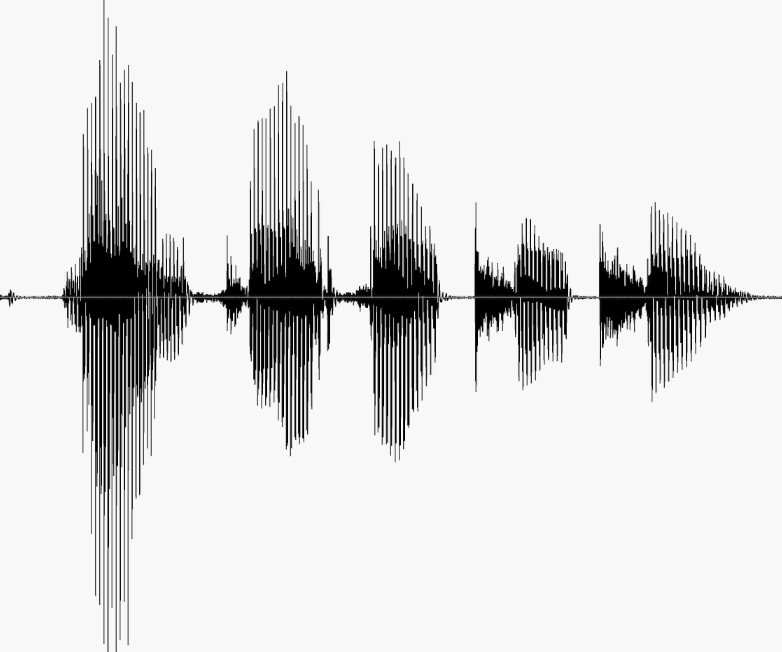Voice Analysis Software – Innovative or Invasive?

A new voice analysis software that aims to decipher your inner feelings has made a splash into the innovative technology scene, with mixed reactions. In a case of machines helping machines, a computational voice analysis software created by a startup in Tel Aviv, Israel, can actually detect emotions in a person’s voice and share that through a machine. The phrase ‘it’s not what you say, it’s how you say it’ comes to mind.
What can it do?
The software is still in its early stages, but the developers say that it is able to determine whether or not a person’s happy attitude actually has frustration lying beneath it, or vice versa.
Currently, the software can detect around 400 variations of different moods. Unlike other similar software, it doesn’t use trigger words such as ‘ridiculous’ or ‘outrageous’ to do its analysis, instead its algorithm is based on the tone and frequency of a voice.
The software can also pinpoint a consumer’s personality, which can affect their purchasing habits. For example, if a person is conservative, a marketer or salesperson would want to offer them a product that is tried and tested, as opposed to an innovative person who might be more drawn to the latest products.

How was it developed?
To develop the software, the emotions of over 70,000 people speaking in 30 different languages were analysed. The startup’s research was inspired by an Israeli study done in the 1990’s that looked at how babies understood and responded to the moods of adult speech prior to learning how to speak themselves.
What can it be used for?
Although there are several researchers that are developing similar products, the one created by said company, Beyond Verbal, is targetting call centres and customer service departments. By using the software, the people at the other end of the line can gain insight into a caller’s mood, intention and personality.
For example, a customer may lodge a help ticket with a call centre, and while on the phone the operator can determine whether the caller is getting agitated, is upset or is genuinely happy – despite how they might first come across. This can help the operator treat the consumer accordingly.
Going forward, the technology used in the software could potentially be used for a wide variety of situations, including within the legal system.
Why doesn’t everyone love it?
Despite the technology being undoubtedly clever, not everyone is so convinced. One key point that is raised is that the software can only determine a person’s mood at the time of that one phone call, which isn’t helpful for long-term customer relations.
The issue of privacy also comes up. Not everyone would feel comfortable knowing that they are being analysed as they speak – and if they did, would they subconsciously act different, thus skewing results?
With all new technology comes doubts and concerns. For every positive there is someone pointing out the negatives.
Further reading:
1. To infinity and Beyond Verbal: The Web app revolutionizing the science of voice analysis. Available at http://www.digitaltrends.com/social-media/exploring-beyond-verbal-the-technology-of-emotions-analytics/
2. Beyond Verbal secures $2.8M, detects human emotions and character through voice recognition. Available at http://venturebeat.com/2013/05/09/beyond-verbal-secures-2-8m-detects-human-emotions-and-character-through-voice-recognition/
3. Could voice analysis software give away lying CEOS? New system picks up tiny ‘tells’ which could warn investors of fraud. Available at http://www.dailymail.co.uk/sciencetech/article-2096153/Could-voice-analysis-software-away-lying-CEOS-Harvard-researchers-test-warn-investors-fraud-ahead.html
Featured image source: Stanford University
 Follow
Follow